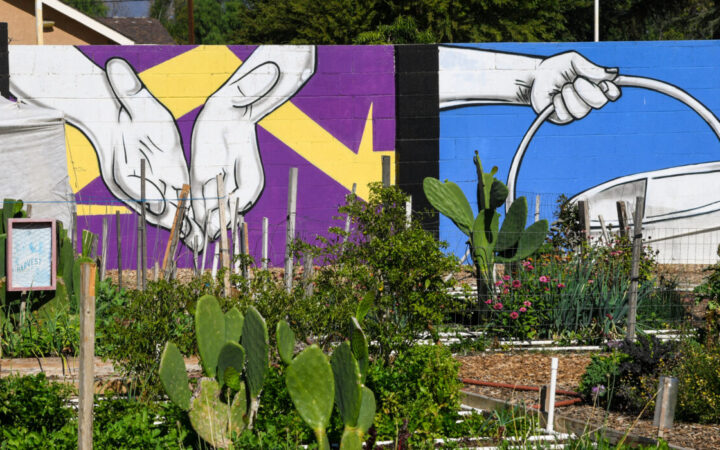This case study examines how Boston passed an ordinance that requires city agencies and departments to use a values-based procurement framework, with a strong emphasis on racial and economic justice.
In March 2019, the Boston City Council passed “An Ordinance Regarding Good Food Purchasing Standards in the City of Boston” to require the city’s departments and agencies to meet new food procurement standards. This is a first-of-its-kind ordinance on the East Coast, based on the Center for Good Food Purchasing’s values-based framework for local procurement, the Good Food Purchasing Program (GFPP). To date, the GFPP has been adopted by ten localities across the nation.
Boston’s GFPP, which will be codified in section 4-9 of chapter 4 of the city’s code, creates procurement standards based on the five core GFPP values (local economies, environmental sustainability, valued workforce, animal welfare, and nutrition). Additionally, Boston’s policy strongly emphasizes racial and economic justice by investing in disadvantaged and minority communities, and introduces a goal of ensuring farmers receive a fair price for their products. Passage of this ordinance came after less than a year of formal legislative process, but was the culmination of years of organizing and research from the legislative sponsor and community advocates. It is expected to improve the way food is sourced and served at city agencies and departments, the largest of which is Boston Public Schools, and transform the city’s food procurement processes to one that is based on values, rather than just price point.
Suggested Citation
Boston’s Good Food Purchasing Policy: Building a More Transparent and Equitable Food System, Healthy Food Pol’y Project, https://healthyfoodpolicyproject.org/wp-content/uploads/boston-ma.pdf (last visited May 29, 2024).



